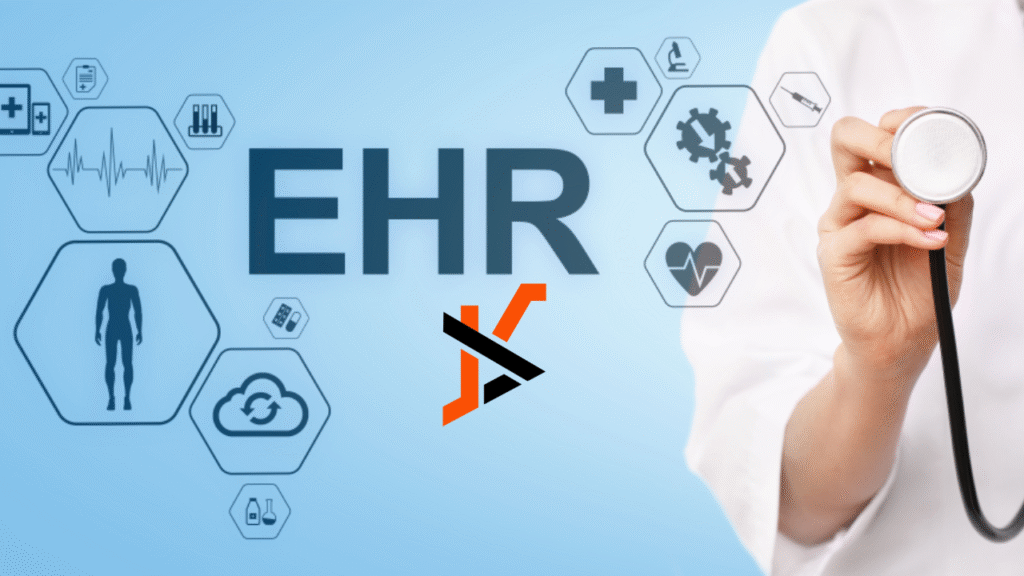Electronic Health Records (EHR) are catalysts for change in modern healthcare. From streamlining administrative processes to enhancing patient outcomes, these digital systems have redefined how information is stored, accessed, and utilized. Let’s explore how EHR has emerged as a game-changer in patient care and data management while addressing the challenges and future opportunities.
The Evolution of EHR
The history of Electronic Health Records traces back to the mid-20th century when the drive to digitize medical data first began. Early systems were basic, expensive, and often inaccessible to smaller healthcare facilities. By the 1990s, technological advancements and the introduction of personal computers made EHR systems increasingly viable.
Government initiatives like meaningful use criteria in the United States accelerated the adoption of EHR, ensuring providers prioritized digital record-keeping systems over paper files. Today, EHR systems are a critical component of healthcare infrastructure, integrating technology and communication for better care delivery.
How EHR Revolutionizes Patient Care
EHR systems have profoundly reshaped patient care in several ways:
1. Enhanced Efficiency
EHR automates time-consuming tasks, such as appointment scheduling, prescription management, and billing, allowing healthcare professionals to focus their time and efforts on patient care.
2. Improved Accuracy
Manual errors in medical documentation can have life-threatening consequences. EHR systems minimize these risks by offering accurate, up-to-date patient records and decision-support tools, such as medication alerts and clinical guidelines.
3. Better Diagnosis and Treatment
With centralized data, providers can access a patient’s full medical history in moments. This comprehensive view supports more informed diagnoses, reduces redundant testing, and results in more effective treatment plans.
4. Patient Empowerment
EHR systems often feature patient portals, granting individuals access to their medical records, lab test results, and appointment schedules. This transparency and accessibility empower patients to take an active role in managing their health.
Data Management in Healthcare
Beyond transforming patient care, EHR systems address the critical need for robust data management. Healthcare involves processing enormous volumes of sensitive information, and EHR systems provide a secure, efficient solution.
Secure Data Storage and Sharing
EHR systems store sensitive patient data in encrypted formats, safeguarding it against unauthorized access. Additionally, these systems allow seamless sharing of records among authorized care providers, ensuring continuity of care across different healthcare facilities.
Leveraging Data for Insights
The data housed in EHR systems is not just for record-keeping; it offers valuable insights into public health trends, disease patterns, and patient behaviors. Reliable analytics can help improve preventive care, optimize resource allocation, and shape healthcare policies.
Challenges and Opportunities
While EHR adoption has skyrocketed, challenges remain that must be addressed to maximize their impact on healthcare systems:
1. Implementation Costs
EHR systems often require substantial investment in infrastructure and training, which can be prohibitive for smaller healthcare providers.
Opportunity: Advancing cloud-based and subscription models may reduce costs and improve accessibility.
2. Data Interoperability
Sharing data between different EHR platforms remains a significant hurdle, often preventing providers from creating a comprehensive profile of a patient’s history.
Opportunity: Industry-wide standards could be established to optimize interoperability between systems.
3. Privacy Concerns
With increasing patient data digitization comes a heightened risk of data breaches and cyberattacks.
Opportunity: Leveraging advanced encryption technologies and regulatory compliance can mitigate these risks.
4. Provider Frustration
Many healthcare workers find some EHR systems cumbersome and challenging to use, leading to inefficient workflows and burnout.
Opportunity: Designing more intuitive, user-friendly interfaces can make EHR systems more practical for daily use.
The Future of EHR
Looking ahead, the future of EHR systems is exciting. Integration with artificial intelligence (AI), machine learning, and predictive analytics could further revolutionize healthcare delivery. For example, AI tools could analyze patient data to flag probable health risks or suggest personalized treatment plans. Telemedicine companies can leverage these advancements to enhance remote consultations and patient management. Additionally, EHR systems may also expand beyond traditional clinics, integrating with wearable devices to provide real-time health monitoring.
Conclusion
EHR systems have redefined how patient care is delivered and how data is managed in the healthcare industry. By enhancing efficiency, improving accuracy, and promoting patient empowerment, these digital platforms have demonstrated their potential as essential healthcare tools.

